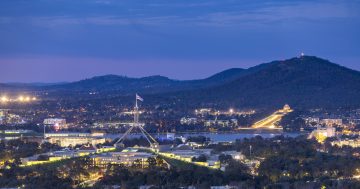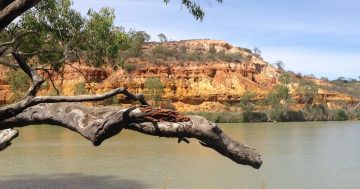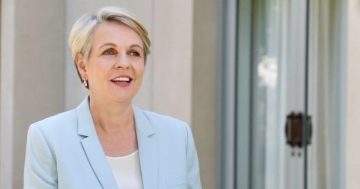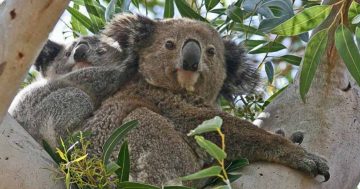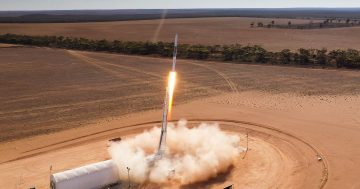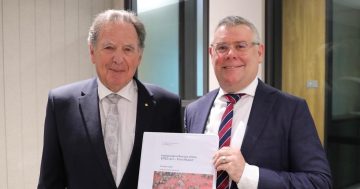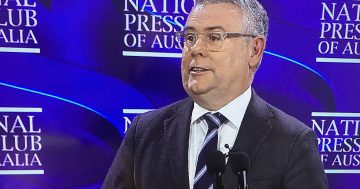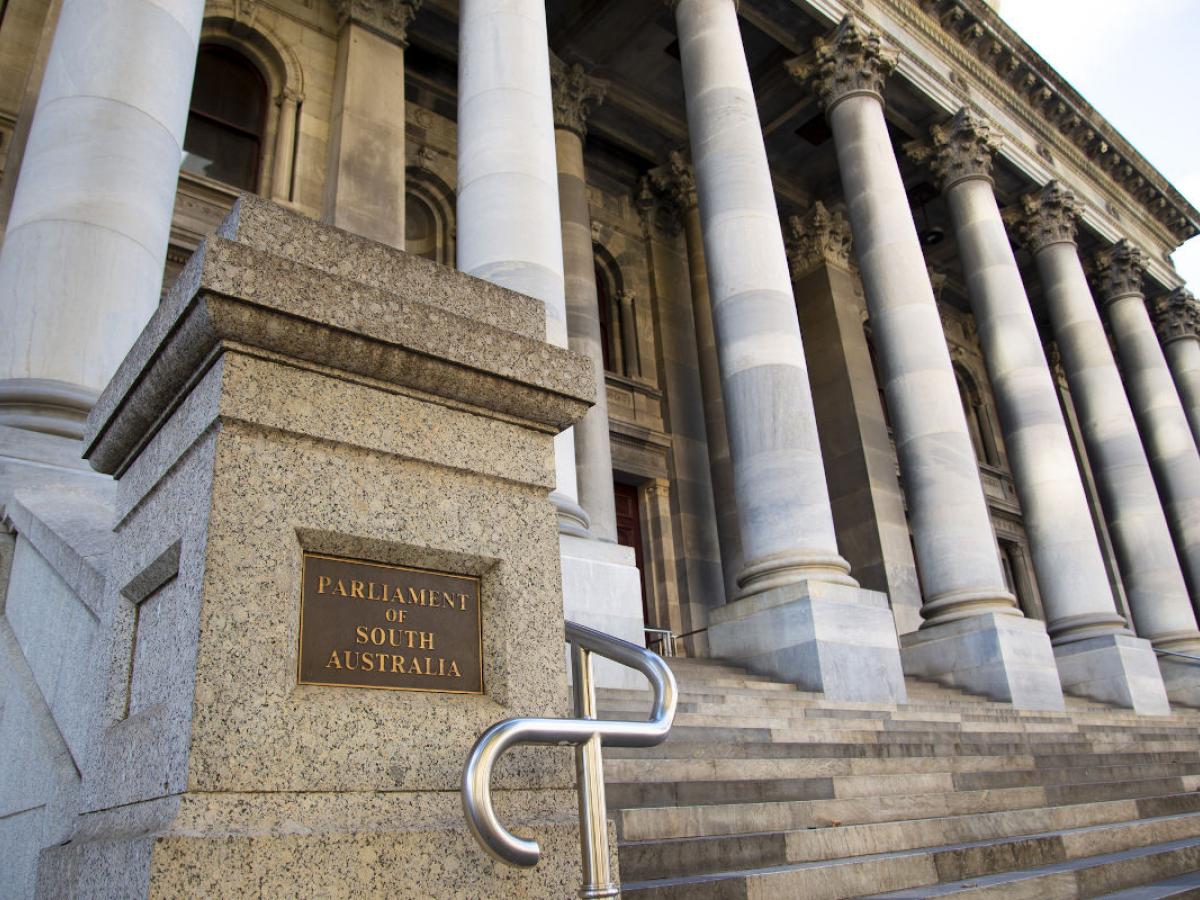
The Biodiversity Act will integrate the goals of the Native Vegetation Act, the National Parks and Wildlife Act and the Landscape South Australia Act into its mandate. Along with its core goal to improve conservation efforts. Photo: iStock/Photon-Photos.
As COP28 wraps up, the South Australian Government has opened public consultation on its first ever Biodiversity Act. The laws are delivering on an election commitment by the Malinauskas Government to provide greater support for the resilience and diversity of the state’s ecosystems.
More than 1100 South Australian native plant and animal species are threatened with extinction, and Australia is internationally recognised for having the highest mammal extinction rate. Driving this loss in biodiversity are human-led activities, which include habitat loss, land-use practices, pollution, invasive species and climate change.
Minister for Climate, Environment and Water Susan Close said protecting the state’s biodiversity is vitally important to the way we live now and it will ensure a healthy environment and economic growth for future generations.
“We need functioning biodiversity for clean air, healthy soil, modern medicine, food on our plates, and to help communities respond to the threat of climate change,” she said.
“I encourage everyone, including individuals and industry sectors, to have their say on the Biodiversity Act so we can get a better understanding of what is working well and what needs to change.”
Leading the charge is Environmental Scientist and South Australia’s 2024 Australian of the Year, Tim Jarvis.
He said the Biodiversity Act aims to secure, restore and grow biodiversity by ensuring the state can adapt to climate change, integrating First Nations knowledge into biodiversity management, establishing a governance framework for data collection and management, and incentivising actions to protect or regenerate the state’s biodiversity.
Mr Jarvis said that it is our moral responsibility to do everything we can to halt the declining trend of biodiversity loss and protect and conserve our precious ecosystems.
“Restoring biodiversity across the state will also deliver more economic prosperity, as well as boosting the physical and psychological benefits we get from being in nature,” he said.
“No matter how technologically advanced we become, humans rely on the Earth’s biodiversity and we must work together to protect it before the damage is irreversible.”
According to research from the Biodiversity Council, 97 per cent of Australians want more action in protecting the country’s natural environment. More than half of global GDP is dependent on nature, equating to $44 trillion in economic growth from healthy biodiversity.
For those interested in providing feedback on the opportunities for the new Biodiversity Act, consultation is now open until Wednesday, 14 February 2024 on the South Australian Government’s website.



